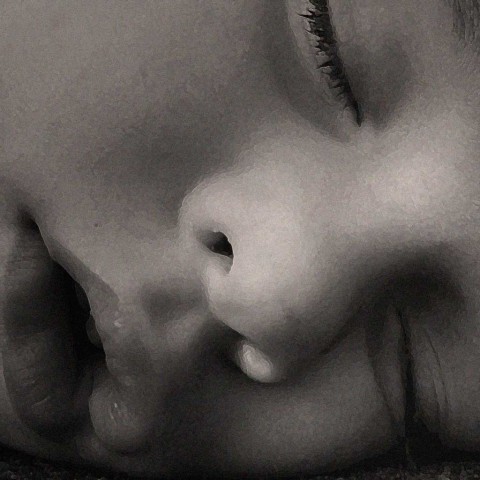My son, six, is practicing dying. It’s something he’s started doing at bedtime, part of the nightly wind-down routine, when I read him books and he stalls because he doesn’t want to go to sleep yet. So he pretends he’s dying.
Lately I’ve been telling him about my father, who died two months before he was born. And along with telling him about my father, his grandfather, there have been the usual tricky questions about death: What happens to our bodies when we die? Where do we go? Do we know we’re dead? Is it just like sleeping?
“Watch,” he instructs me, gently lying himself down in his bed and flattening his arms against his sides, corpselike. “No, wait—now. Watch me now. See if you can see me breathing.”
He holds his breath for as long as he can, about fifteen seconds, though it seems longer, his chest remaining flat and still, and he looks dead, enough so that it makes me hold my breath. Then his breathing returns in one big exhale and he coughs and it’s over and he’s asking more questions, stalling:
“What was I like when I was a baby?”
“What were you like when you were a baby, Daddy?”
“What was Mommy like when she was a baby?”
“What was Grandpa Ron like?”
I answer the questions. The last one is hard, though, even after all these years. I tell my son that his grandfather loved him very much, that he liked tennis, that he was funny and liked to joke, and that we’re all very sad he’s not here.
“We’re sad?” my son asks.
“Yeah, we’re sad,” I tell him. “But it’s okay to be sad. We just miss him.”
He rolls over on his side, like he might finally be ready to sleep.
“I miss him too,” he says.
He breathes and closes his eyes. I hold my breath again. He doesn’t move.



 The core workshop of SmokeLong Fitness is all in writing, so you can take part from anywhere at anytime. We are excited about creating a supportive, consistent and structured environment for flash writers to work on their craft in a community. We are thrilled and proud to say that our workshop participants have won, placed, or been listed in every major flash competition. Community works.
The core workshop of SmokeLong Fitness is all in writing, so you can take part from anywhere at anytime. We are excited about creating a supportive, consistent and structured environment for flash writers to work on their craft in a community. We are thrilled and proud to say that our workshop participants have won, placed, or been listed in every major flash competition. Community works.